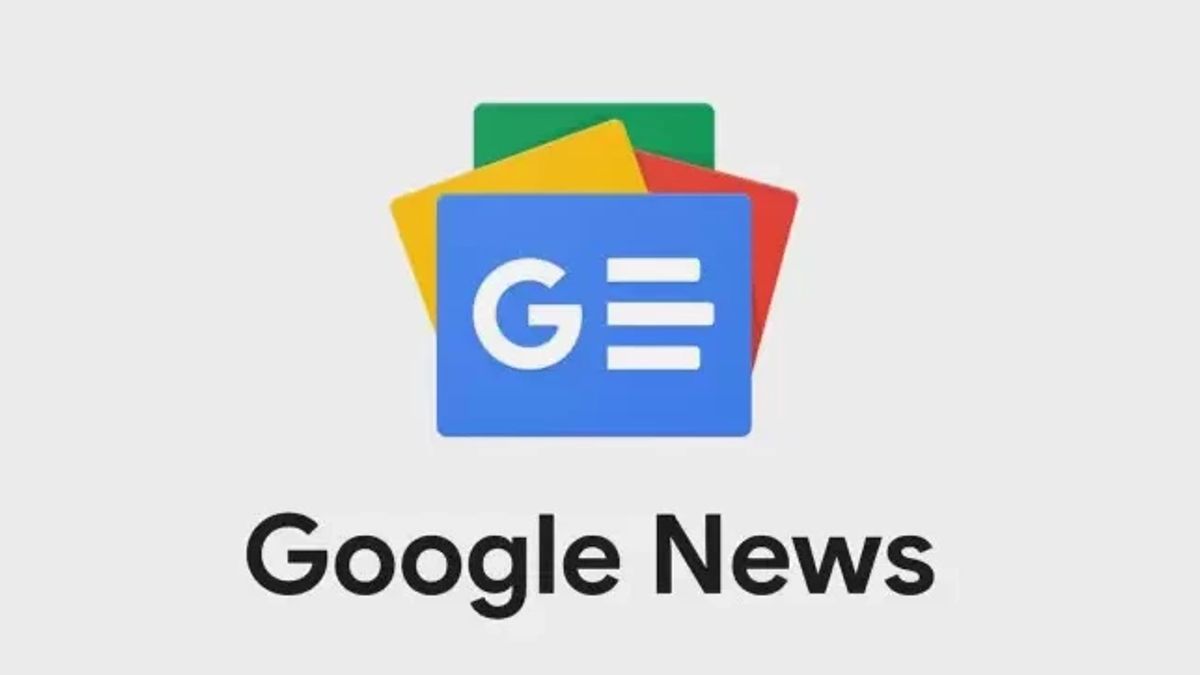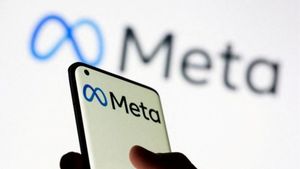Canada revealed a draft rule on Friday September 1 for legislation that will force internet giants to pay for news media, saying they are addressing the tech company's concerns. But Facebook said it would continue with plans to block news in the country.
Canada says draft rules, designed to implement the recently passed Online News Act, will address Alphabet Inc.'s concerns, Google's parent company, and Meta Platform Inc., Facebook's parent company, that they will face unlimited liabilities.
"The regulatory process is not equipped to address the highly flawed basis of the Online News Act... the regulations proposed today will not affect our business decision to end the availability of news in Canada," Rachel Curran, Canada's Meta Public Policy Chief, said in a statement. a statement, quoted by Reuters.
Canada's Online News Act, part of a global trend to make internet giants pay for news, becomes law in June and is expected to take effect in December once the rules are completed.
The law comes after complaints from the Canadian media industry want stricter regulations against tech companies to prevent them from beating the news business in the online advertising market.
Neither Google nor Facebook said the law could be implemented for their business, and Meta stopped sharing news on its platforms in Canada last month.
According to this draft, companies will need to negotiate voluntarily with news publishers and pay part of their global income, based on certain calculations.
SEE ALSO:
The regulatory plan is expected to generate 172 million Canadian dollars (Rp1.9 trillion) per year from Google and around C$60 million per year from Facebook, a government official said.
Meta's revenue last year was around $117 billion, or about $320 million a day. His decision to block news links in Canada had almost no impact on Facebook's use by Canadians, according to data from an independent tracking firm.
If the company does not reach the payment threshold through a voluntary agreement, they may have to undergo mandatory negotiations supervised by the Canadian Television and Telecommunications Broadcasting Commission (CRTC).
Government officials in information sessions avoid questions about what would happen if the company blocked news on their platforms and did not participate in negotiations at all.
"The position of the Canadian government is that, given the dominant position they have as content gatekeepers, it is their responsibility to come and negotiate with us fairly," an official said.
The responsible Canadian regulator said last week that it would begin preparing a framework for negotiations between news organizations and internet giants this fall, with the aim of starting mandatory negotiations in early 2025.
The draft rules allow for contributions both in the form of money and non-money to the news business as well as considerations of existing agreements.
Every agreement reached by Google and Facebook must also include an independent local news business, the original community, and the official minority language, according to draft rules.
The English, Chinese, Japanese, Arabic, and French versions are automatically generated by the AI. So there may still be inaccuracies in translating, please always see Indonesian as our main language. (system supported by DigitalSiber.id)













